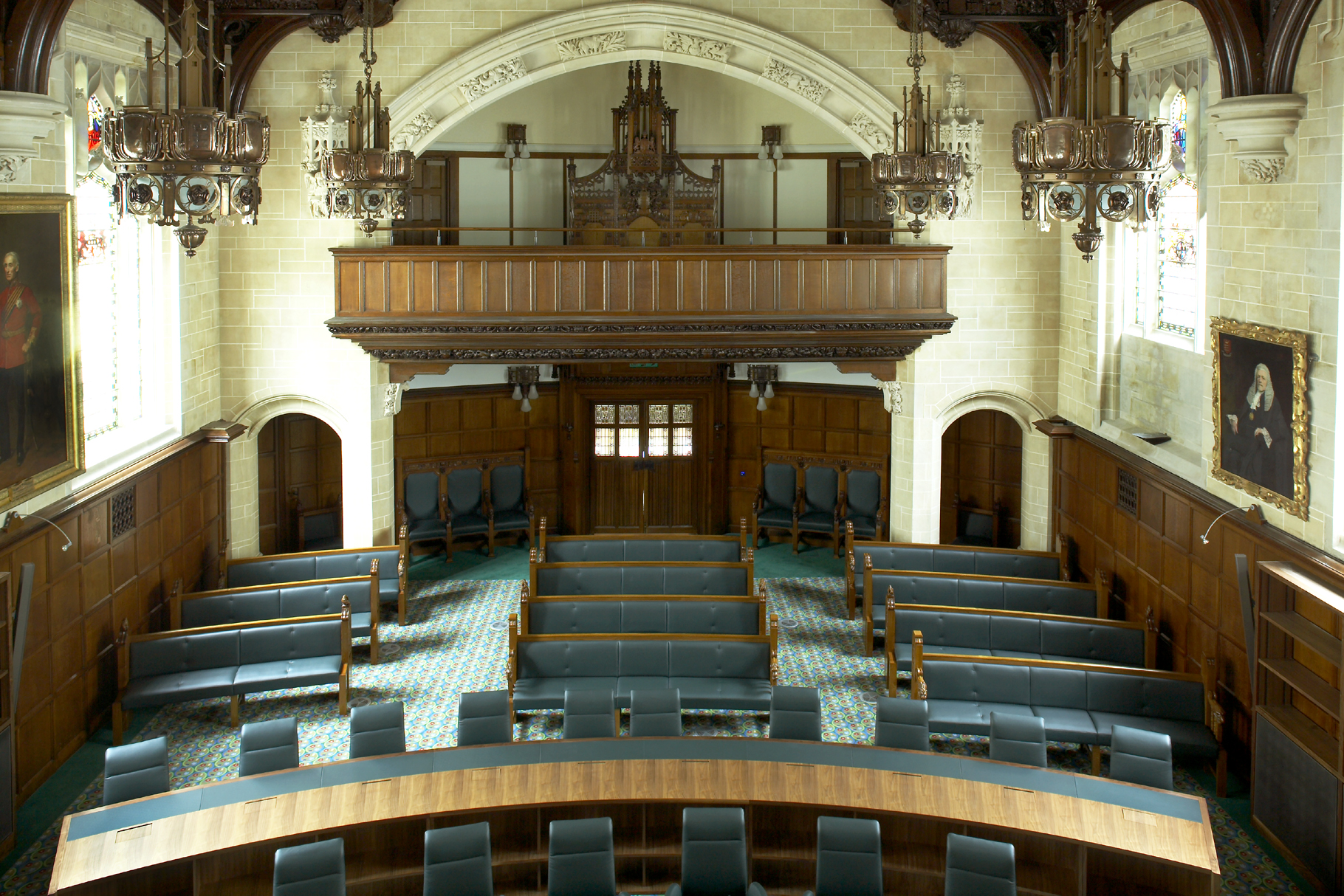
A leading barrister believes the Government may still shy away from change – despite launching a public divorce law consultation.
Campaigners wanting the laws to be updated have placed their faith in Justice Secretary David Gauke’s announcement of consultation. There is also a Private Members’ Bill introduced by a former President of the Family Division, Dame Elizabeth Butler-Sloss, which is awaiting a second reading in the House of Lords.
But Nigel Dyer QC, of London’s 1 Hare Court Chambers, believes even with the mood music of change there is still a strong possibility the Government will shy away from action.
He told Merrick Solicitors: “Any change in the reform of the divorce law has usually been a fudge.
“I think just because the Government has said they are going to look into it, it could simply be kicking it into the long grass. I don’t think the consultation will necessarily result in change.

“Consultation is a long, way from introducing legislation. Since the Divorce Act of 1857 there have been two Royal Commissions and two Law Commission reports all of which advocated reform. The last Law Commission report led to the Family Law Act of 1996 which completely changed the current divorce law. This Act received the Royal Assent. But the provisions introducing no-fault divorce were never brought into force and were later repealed.
“So, if a Government can go so far as introducing a Bill, get it through both Houses, get Royal Assent, then not bring it into force and then repeal it, I’m not sure I’m overly confident that consultation is going to result in change.
Brexit
“With the amount of resources directed to Brexit in Whitehall at the moment I would have thought any change in divorce law would come very low down the pecking order in terms of priority. But, who knows?”
Mr Dyer, described in The Legal 500 as the leading London family silk, said there were powerful pulls on either side of the debate about how easily divorce should be available.
He added: “Historically there have always been strong opposing camps in Parliament.
“There are those who take a more liberal approach to marriage and consider that when it is over it should be dissolved. And those who consider that marriage is the foundation of society and nothing should be done to undermine it.”
Mr Dyer said the consultation is open to 10 December 2018. The Government has proposed that the existing law is repealed and replaced by a process whereby a spouse gives notice to the court that the marriage has irretrievably broken down.
A move to a system that recognised ‘no fault’ divorce could mean that contested cases are replaced by divorce on ‘unilateral demand’. And that would mean a spouse who opposed divorce – such as Hugh Owens who Mr Dyer represented through to the Supreme Court this summer – would be unable to defend the action.
Private Members’ Bill
Asked what he would like to see by way of reform, Mr Dyer said that both the current Scottish model and the changes proposed by Dame Butler-Sloss’ Private Members’ Bill had merit.
He said: “Interestingly the 1969 Act that became the current law in the 1973 Act started off life as a Private Members Bill which was later adopted by the Government. So I wonder whether the Government will blow in the sails of this private Bill.
“The Scottish system is quite good because instead of our two years with consent they have one year. And instead of five years without consent they have two. I think that is a better system because the parties don’t have to wait as long.
“I imagine if there is going to be change, it will be root and branch. But if they wanted to do a small change the Government could not do better than follow Scotland.
“The suggested scheme in the Private Members’ Bill provides a way to end marriages with a minimum of acrimony.
“I think an emotive behaviour petition can raise the temperature unnecessarily, but in most cases there is divorce by collusion. The petitioner’s solicitors usually send a draft of an anodyne petition to the respondent’s solicitors.”
Inflammatory situation
Mr Dyer highlighted divorce online as a concern because it by-passes the advice provided by a lawyer-led service.
He said: “What I would be concerned about is where a couple have a very big row on Saturday night. Then the following day one of them decides to get divorced.
“They sit in front of a computer screen and fill in a divorce petition online. When it comes to the behaviour particulars all sorts of unpleasant allegations are made. The reception centre which receives the petition does not edit the particulars.
“The petition later drops into the other spouse’s inbox. I think that is potentially a very inflammatory situation and an unfortunate way to start a divorce. How many people write tweets or Facebook posts that they later regret?”
The first part of this interview with Nigel Dyer QC covered the Supreme Court’s ruling in Owens v Owens.

Amanda Merrick thinks there are other areas of UK family life in greater need of law reform than divorce. Cohabiting couples perhaps being the most obvious.
Amanda, principal of Merrick solicitors, said: “Mrs Owens will get her divorce. Unfortunately for her, she will have to wait in the same way as the person who wants to be freed from a spouse who is a devout Catholic.”

She does have concern about a one-size fits all approach to the ending of a marriage.
“People’s feelings and emotions could not be more at large than during a relationship breakdown. It is well-established that suppression can have an adverse effect on a person’s mental health and well-being.
Creating options
“For some people, such as those who have been in an abusive relationship, assigning fault or blame to the other party is empowering and cathartic; very often the start of their healing process.
“So, for me divorce reform should be about creating options.
“Yes, I can see the merit in reducing time limits for a separation with or without the other party’s consent. And there are, of course, couples for whom no-fault would be the preferred route, but sanitise the process completely? That surely shouldn’t be the decision of anyone other than the two people involved.”
So, what about the impact on any children of those parties?
Research carried out by the Nuffield Foundation has found that the use of fault may trigger or exacerbate parental conflict which has a negative impact on children.
“Families operate in a constant state of conflict. There are any number of different priorities needing to be compromised at any given time…..and that is when everything is OK.
“Relationship breakdown doesn’t change that; it’s the choices that change and lawyers, healthcare professionals, mediators and everyone else working in this arena should be there to help inform those choices and their order of priority at a very difficult time.”
Sign up for our newsletter to make sure you don’t miss more interviews with leading names in family law.




























